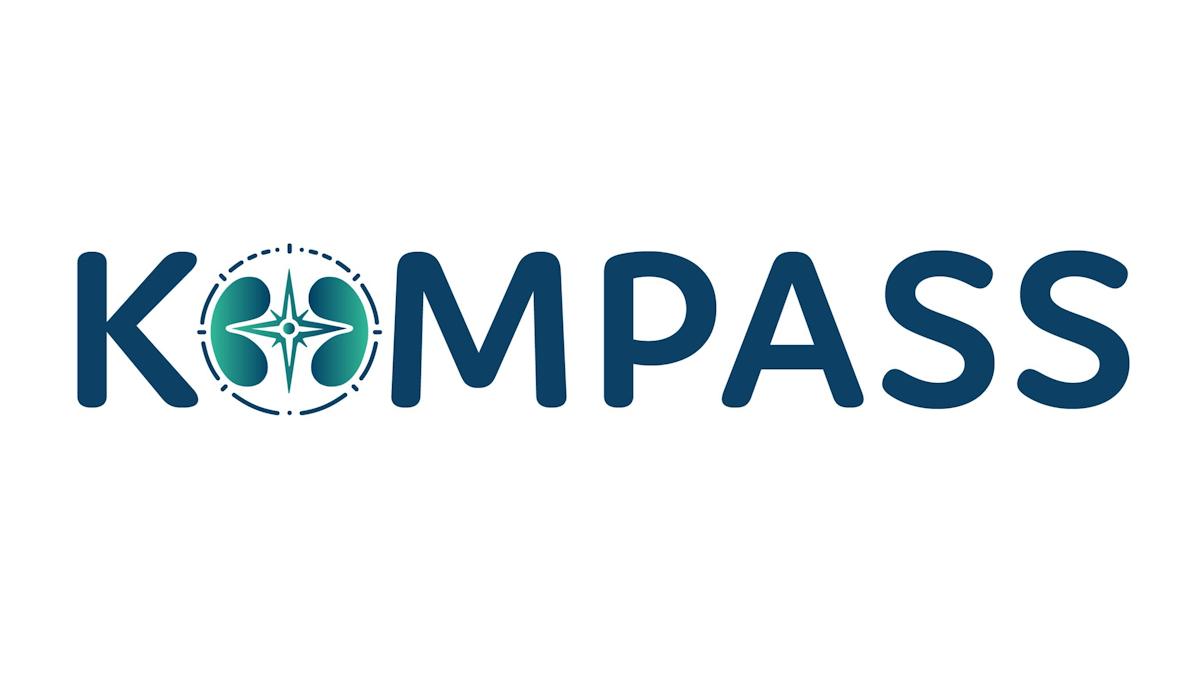Keytruda improves survival in early-stage kidney cancer

MSD’s Keytruda has become the first checkpoint inhibitor to show improved survival when used as adjuvant therapy after surgery to remove tumours in clear cell renal cell carcinoma (RCC) patients.
PD-1 inhibitor Keytruda (pembrolizumab) has already been given approvals around the world for this use on the strength of disease-free survival (DFS) from the KEYNOTE-564 trial in resectable RCC, which is the most common form of kidney cancer. However, the scale of the improvement in overall survival (OS) will likely drive uptake of the drug in these patients.
The new data – presented for the first time at the ASCO GU conference in San Francisco over the weekend – shows that Keytruda improved OS by 38% compared to placebo after a median follow-up of around 57 months in the study, which involved 994 RCC patients at intermediate-high or high risk of recurrence following nephrectomy for the primary tumour, as well as distant metastases if present.
At the four-year time point, 91% of those who took the cancer immunotherapy were still alive, compared to 86% of the placebo group. Patients who received Keytruda also had a 28% reduction in the risk of their cancer recurring versus the control group, according to the update.
Typically, around 40% of individuals in this category will experience a recurrence after surgery, often due to non-curable distant metastases.
It is the second trial to show an OS benefit with Keytruda when used in the adjuvant setting after the KEYNOTE-671 study in non-small cell lung cancer (NSCLC), said MSD, known as Merck & Co in North America.
Adjuvant treatment moves the use of the drug into patients with earlier-stage cancer - a key strategy for MSD and other cancer immunotherapy companies, as it expands the pool of patients eligible for treatment.
Practice-changing result
“The KEYNOTE-564 study’s update, highlighting pembrolizumab’s efficacy in the adjuvant setting post-kidney cancer surgery, marks a significant development in treatment protocols,” said ASCO GU expert commentator Mark Fleming, who is genitourinary disease committee chair at the Sarah Cannon Research Institute in the US.
“By confirming improvements in both disease-free and overall survival, the study positions pembrolizumab as a standard care option for high-risk patients,” he added, noting that this is the first phase 3 study to show improved OS with any adjuvant therapy in kidney cancer.
The researchers behind the study, led by Toni Choueiri, director of the Lank Center for GU Oncology at the Dana-Farber Cancer Institute, said the result means that Keytruda is “more than just a measure to delay recurrence in kidney cancer.”
The team are now recruiting patients into a new trial called LITESPARK-022 that combines Keytruda with MSD’s HIF-2 inhibitor Welireg (belzutifan) as an adjuvant treatment for RCC. Welireg was approved for relapsed or refractory advanced RCC previously treated with PD-1/L1 and VEGF-targeted therapies last year.













